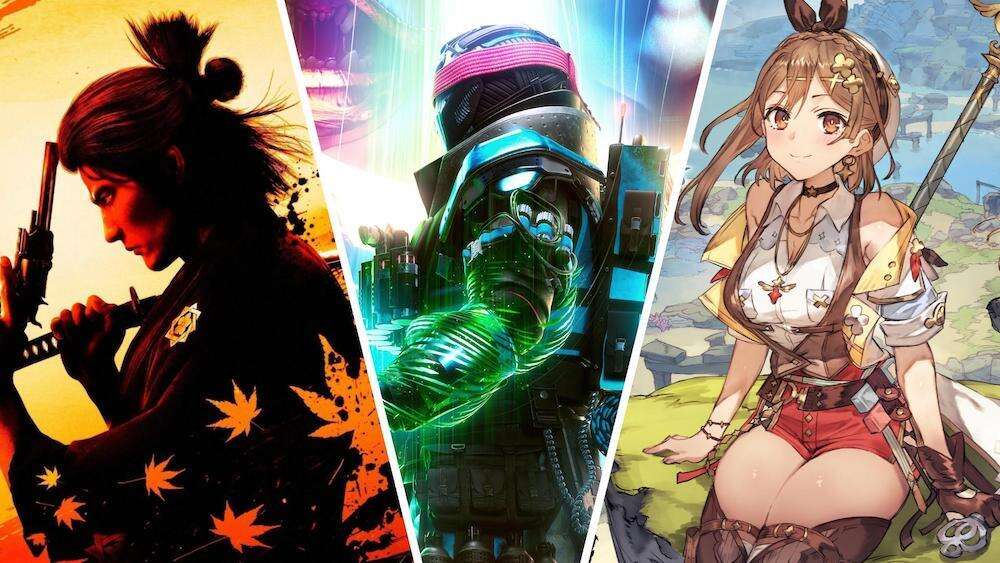[ad_1]
Final week, I wrote that Dungeons & Dragons’ OGL wasn’t value preventing for. Whereas I stand by the considerations I’ve about Wizards of the Coast’s stranglehold in the marketplace, and my apprehensive emotions concerning the general impact of the OGL, there’s clearly one factor I did not anticipate: that just some days later, WOTC would utterly and totally fold on the problem. I predicted a protracted and doubtless unwinnable combat between the corporate and its clients—as a substitute, WOTC has apologised, backed away utterly from the OGL, and even launched the newest model of the D&D 5e guidelines below a Inventive Commons license.
It is one of the crucial dramatic U-turns in company historical past, and a whole and whole victory for many who vehemently opposed the proposed OGL adjustments—which was, because it seems, the whole D&D neighborhood. However the place does it really depart us?
The Dungeons & Dragons OGL story briefly
- For over 20 years, the Open Gaming License has allowed different corporations to make D&D-based merchandise freely.
- Wizards of the Coast tried to introduce a brand new OGL that gave them royalties and higher management, and revoke the outdated one.
- The neighborhood response was so universally damaging that WOTC ended up having to utterly abandon the concept.
- WOTC is leaving the unique OGL in place and likewise releasing the newest model of the D&D 5e guidelines below a Inventive Commons license.
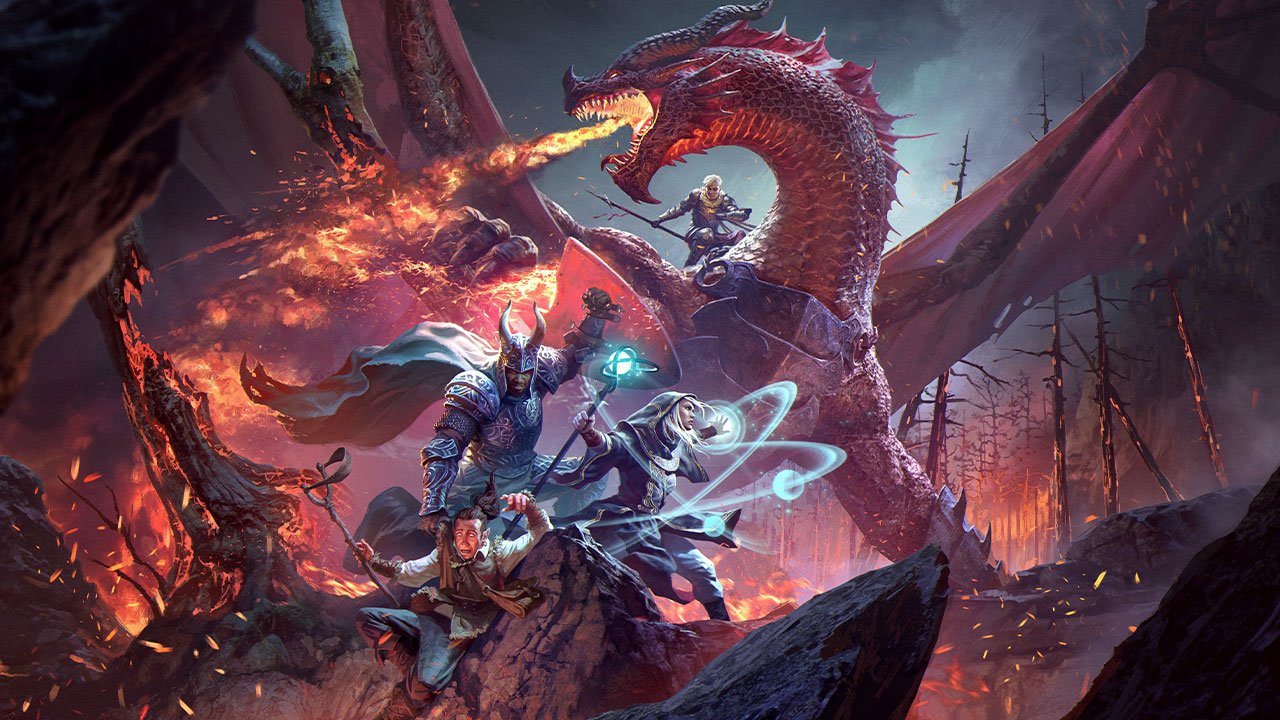
(opens in new tab)
What’s WOTC’s subsequent transfer?
When WOTC made its advance on the OGL, it had a selected aim in thoughts—taking higher management over the massive third-party D&D market—nevertheless it was additionally displaying its hand in a wider sense. It is completely nice to take pleasure in a victory nicely received, however this is not going to be the final time it tries some bullshit. So long as gamers and publishers are tied to D&D, they’re weak to WOTC’s decision-making—and we have now seen a transparent signal that that decision-making can have some fairly repugnant pondering behind it.
WOTC, and maybe extra importantly its guardian firm Hasbro, appear to be probing at methods to dramatically improve the sport’s already important profitability. This newest try at overreach is probably going solely the start—the battle has been received, however I think there is a conflict forward.
At the moment in growth is One D&D—a brand new model of the sport that pushes apart the conference of ‘editions’ in favour of one thing that appears extra impressed by stay service videogames. “One D&D will take what we love from fifth version and create an expertise that isn’t solely backwards appropriate with the adventures and dietary supplements you take pleasure in right this moment however that can evolve the sport for years to return,” says the official pitch, whereas emphasising the function of each D&D Past (a subscription-based website that automates many parts of play) and a brand new, thus far unnamed digital tabletop.
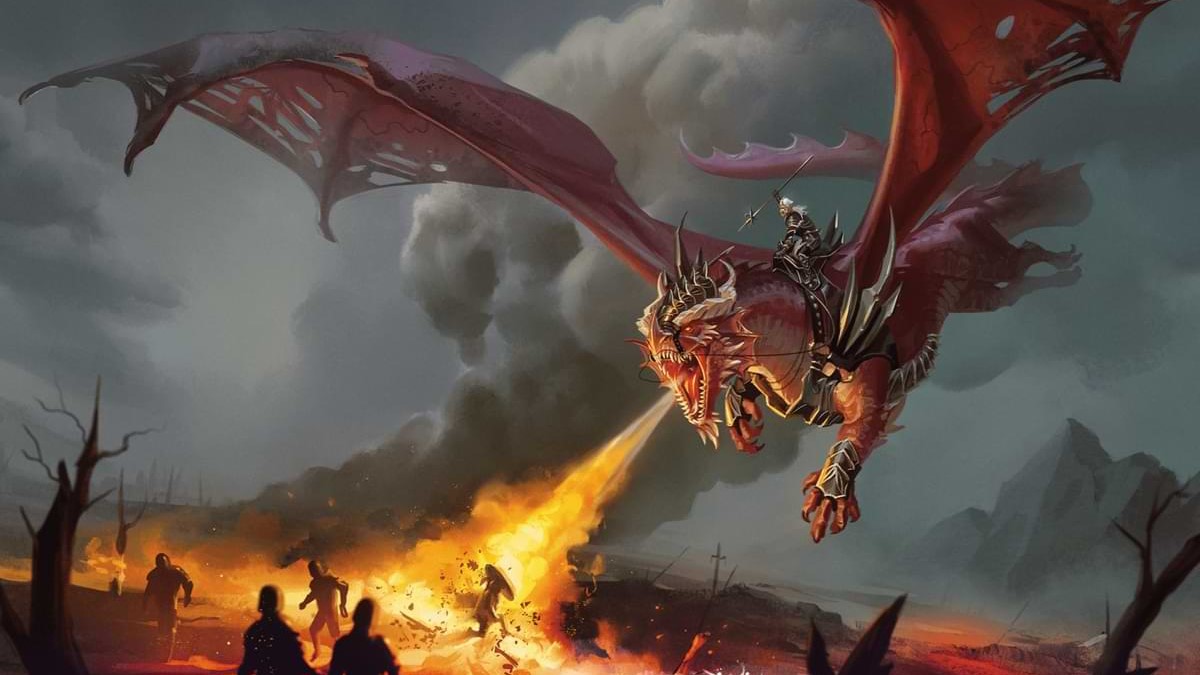
(opens in new tab)
This model of the sport was introduced in August final 12 months, and it may be presumed it has been in growth for a while earlier than that. Which suggests it has been created alongside the now-abandoned OGL plans. I feel it might be smart to be cautious about what sort of future One D&D could signify—it isn’t precisely a leap to imagine it is a part of the identical philosophy of discovering new methods to push the monetisation and market share of the sport.
An apparent transfer can be to search out methods to get extra revenue out of D&D Past. The service already affords a premium subscription and the equal of microtransactions to entry guide content material, however rumours have been swirling a few main improve within the subscription price, and a plan to extend its attain by integrating AI DMs. Whether or not that is true or not, it isn’t onerous to think about WOTC seeing the near-ubiquity of the service in fashionable D&D as a chance to be exploited extra totally.
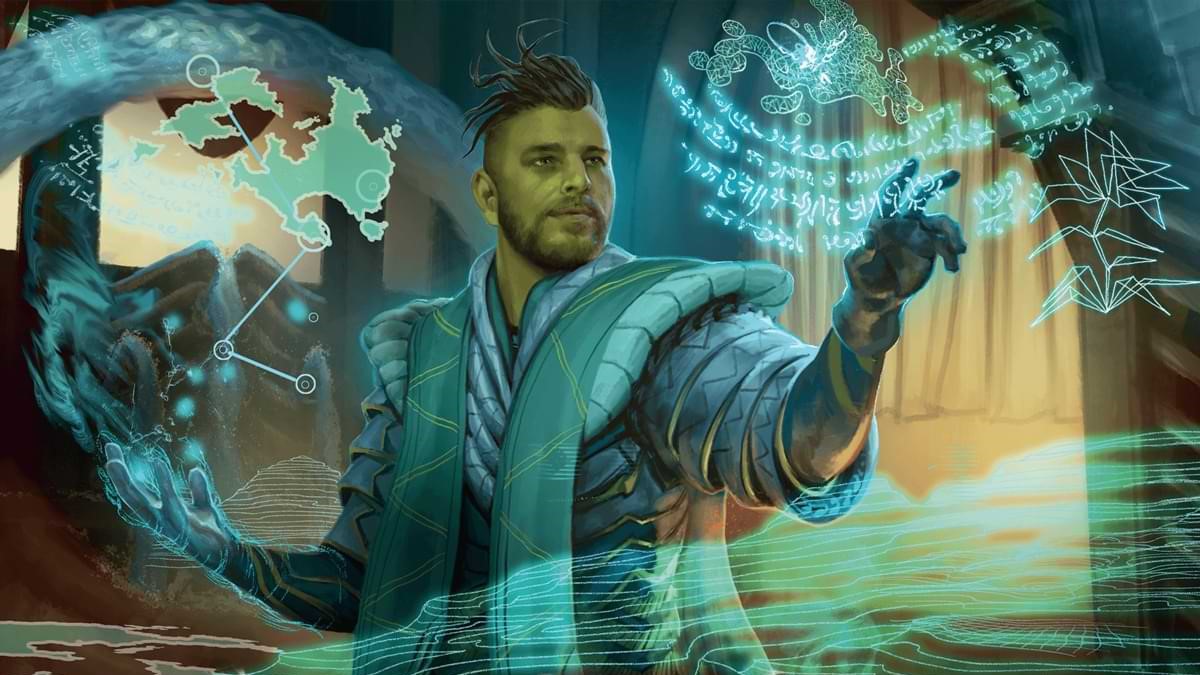
(opens in new tab)
The brand new digital tabletop will provide comparable potentialities if WOTC can safe its place out there. That is the place issues might get ugly—instantly, it is going to be within the firm’s pursuits to push towards in style third-party VTTs like Roll20, Foundry and Owlbear Rodeo. I think that course of has already begun—the initially proposed adjustments to the OGL explicitly talked about VTTs as being topic to the brand new restrictions, a clause that would have been used to severely hamper the competitors. That is off the desk now, however WOTC nonetheless has loads of unsavoury choices it might pursue—it might be an enormous blow to Roll20, for instance, if WOTC withdrew its merchandise from the platform’s market.
In fact, I can solely speculate at this stage—and perhaps my hypothesis is cynical. However I do suppose that on the very least, the belief WOTC burned in the previous couple of weeks between it and its neighborhood shouldn’t be simply restored. Make them work to win you again over. The OGL drama is the sport’s greatest PR catastrophe ever, and that can have shaken even a Hasbro government’s confidence, but when the gamers forgive too simply and too rapidly, that can embolden WOTC to strive one thing else.
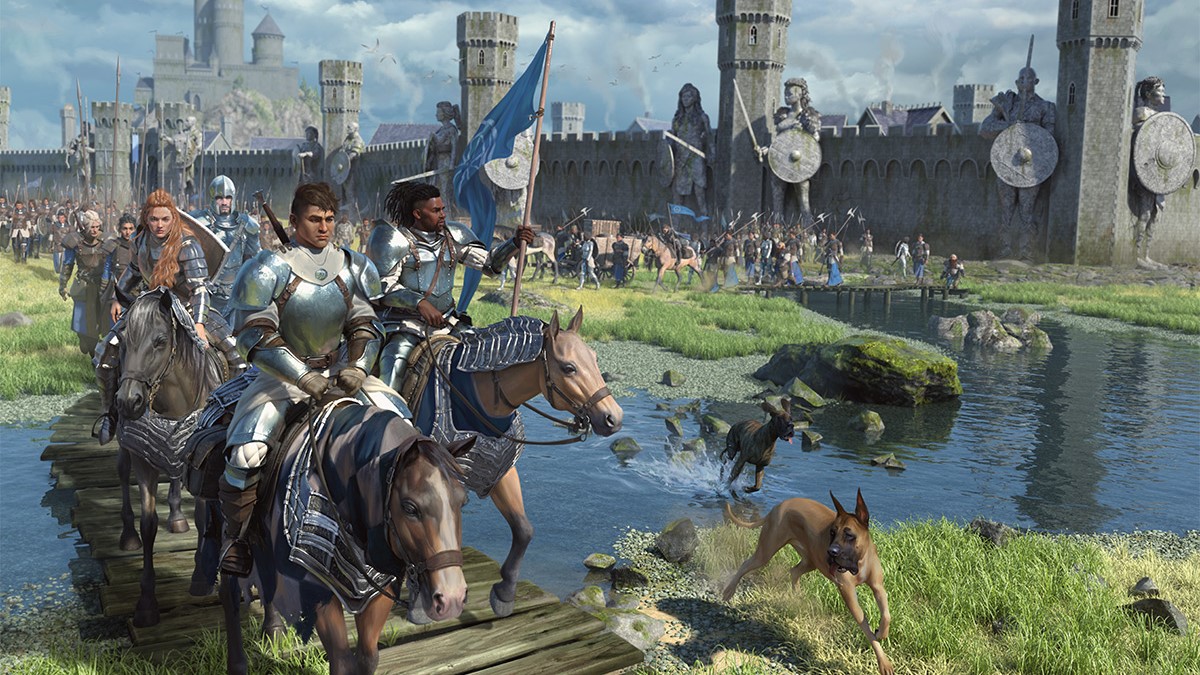
(opens in new tab)
The way forward for the interest
Definitely, the third-party publishers shaken by the entire affair appear to be sustaining the brand new distance between them and WOTC. Plans made on the idea that the brand new OGL can be pressured by aren’t being deserted now that the drama’s over—the brand new push for higher independence appears to have as a lot momentum as ever. From Cubicle 7 (writer of the official Warhammer RPGs in addition to D&D content material) persevering with with plans to create its own new D&D-compatible system for its books, to main third-party D&D writer Kobold Press declaring “No white flag!” over its plans to equally create its personal new sport, to Pathfinder creator Paizo remaining bullish about its rival license and large alliance of different RPG corporations, there is a sea change right here that will not be undone by any company apology. And it appears to be backed up by gamers, who’re reportedly flocking to new video games—a lot in order that Chaosium, creators of Name of Cthulhu, claims it has been cleared out of inventory.
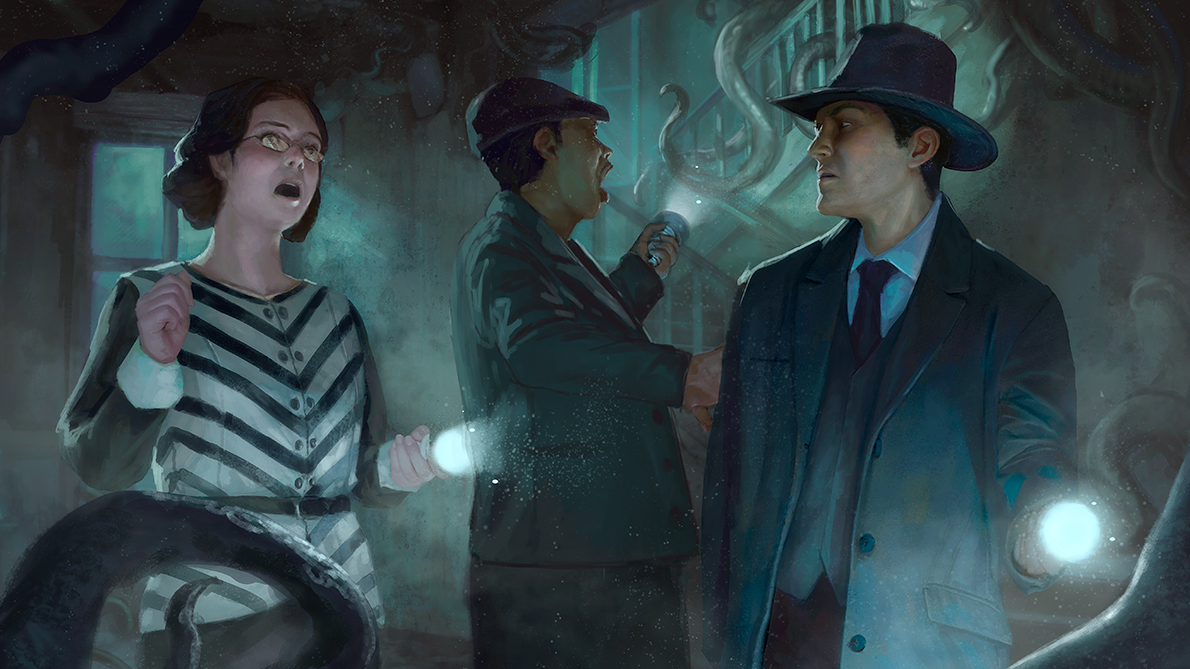
(opens in new tab)
Does that imply we’re on the cusp of D&D’s near-monopoly in the marketplace being damaged? Nicely, no, and I nonetheless have the identical considerations that, for all the advantages the unique OGL carries, its continued existence performs an enormous half in sustaining D&D’s overwhelming dominance. This U-turn from WOTC is a victory for a lot of, nevertheless it does guarantee to some extent the continuation of a established order that stifles independence and creativity within the wider tabletop area.
However even when D&D’s grip remains to be robust, it has not less than been loosened a bit, for the primary time since fourth version. The invulnerable dragon has been poked within the eye and misplaced some treasures from its hoard, and the fringes on which different TTRPG creators exist have widened a bit. If we all know something about that lot, it is that they will obtain superb issues with solely a tiny little bit of wiggle room. WOTC’s grand screw-up will go down in tabletop historical past—and, even after the dramatic reversal, it seems prefer it’s nonetheless planted the seed of a extra various and attention-grabbing future for the interest.
[ad_2]
Source link

